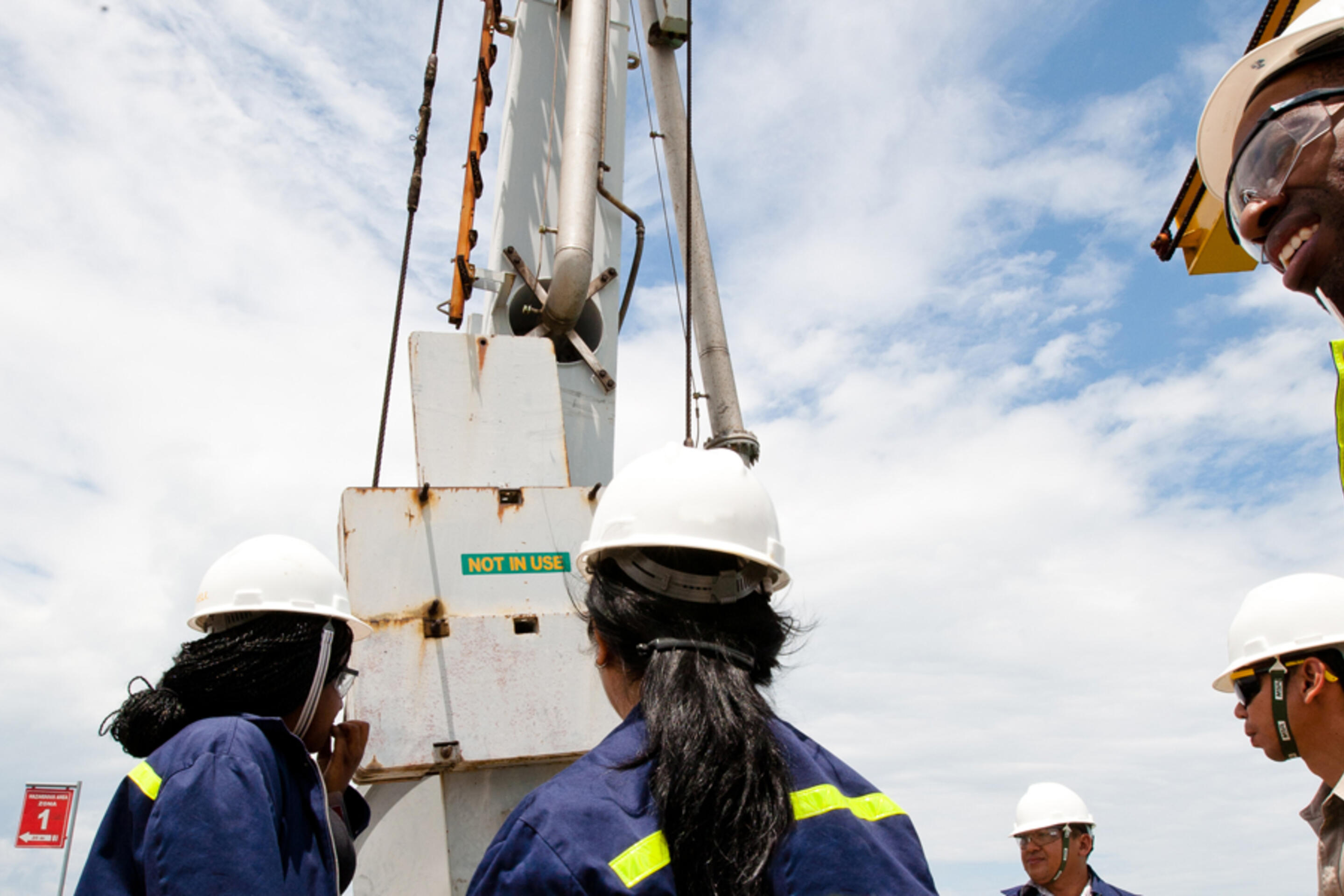Welcome
Now Reading 1 of 6
Action Learning
How S-Lab host Mike Sauchuk and student team made recycling easier for Staples customers
As the newly minted senior director of recycling and sustainability at Staples Stores, Mike Sauchuk’s first challenge was to develop a strategy that moved the company’s green initiatives forward and also aligned with its business objectives. After learning about the Sustainability Initiative at MIT Sloan from one of the many MIT alumni who work at Staples, Sauchuk was eager to see how a team of Sustainable Business Lab (S-Lab) students might be able to help him in his new Recycling Services program.
Learn MoreIn Sustainable Business Lab (S-Lab), students explore the intersection of business, the environment, and society, using new knowledge to solve real-world problems.
15.878 Sustainable Business Lab (S-Lab)
How can we translate sustainability challenges into future business opportunities? How can businesses and society move together toward a more sustainable and just world? Today, organizations of all kinds are tackling these very questions. S-Lab enables students to bring academic rigor to real world problems, taking the lessons learned in the classroom and applying them to projects that are immediately useful to host organizations - all while advancing the field of sustainability as a whole.
At MIT Sloan, sustainability is about more than just the environment. It includes economic development, social equity and responsibility, political and personal choices, and environmental action at all levels. Simply put, sustainability is about people and the future we want for ourselves. Through cases, readings, guest speakers, and Action Learning projects, S-Lab students have the chance to affect real change and empower business leaders to take action to improve outcomes in the long-term.
With the support of the MIT Sloan Sustainability Initiative, teams of masters-level MIT students use a problem-formulation methodology developed by MIT Sloan to help organizations determine what sustainability problem they want to solve and why it's important. One of the special features of S-Lab is the diverse, interdisciplinary nature of the teams, which can include MBAs, MIT Sloan Fellows and MIT graduate students.












